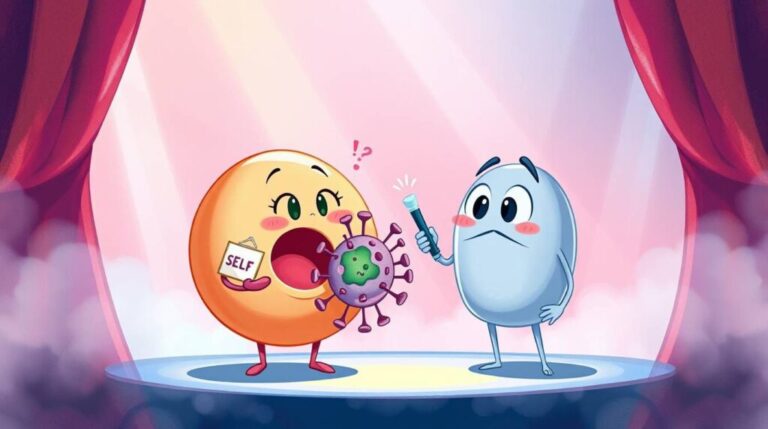How Do Molecules Form Bonds 2025
How Do Molecules Form Bonds 2025
Let’s talk about something super small… but wildly important.
We’re surrounded by things — water, air, phones, pizza, you and me — and at the core of all of it, everything is made of molecules. But molecules aren’t born randomly. They’re made when atoms get together and form bonds. And if that sounds like a science class buzzword, you’re not wrong. But let’s actually unpack it in a way that makes sense.
Because once you understand how atoms bond, you kinda understand how the entire universe is stitched together.
—




The Straightforward Science (but not too stiff)
Alright, here’s the real deal: atoms are these tiny, invisible building blocks that have a nucleus (with protons and neutrons) and electrons orbiting around them like anxious little bees. The outermost electrons — the ones farthest from the center — are the ones that matter when it comes to bonding.
Why? Because atoms don’t like feeling incomplete. They’re not cool with half-finished jobs. They want their outer shell of electrons to be full. That’s their version of being “settled.” Like finally buying a couch you love or finding the right playlist.
To get that full shell, atoms link up with other atoms in different ways — that’s what bonding is. Not romance. Not poetry. Just two (or more) atoms trying to find peace in this chaotic universe.
There are a few ways they do it:
1. Covalent bonds: Atoms share electrons. You get one, I get one. Think “joint custody,” but with electrons. Water is a good example — hydrogen and oxygen literally team up to share.
2. Ionic bonds: One atom gives up an electron entirely to another. The giver becomes positive, the taker becomes negative, and they stick together like magnetic opposites. Classic salt — sodium and chlorine — is built like this.
3. Metallic bonds: This one’s more free-flowing. Electrons aren’t stuck to one atom; instead, they move around in a kind of communal soup. This is what makes metals conductive and shiny and bendy.
Every time atoms do this — share, give, or pool their electrons — they form a bond. And that bond becomes a molecule. Multiply that by a few gazillion and you get… everything.
—
Let’s Talk Like We’re Not in Class
Okay, now for the part they don’t usually put in textbooks.
Atoms? They’re kind of like people. They’ve got energy. They want to feel complete. Some are clingy, some are generous, some just want to chill and share the load.
Imagine atoms at a party. One atom is standing alone, bored out of its mind, missing a couple electrons. Another one walks up like, “Hey, I’ve got one, wanna share?” Boom. Covalent bond.
Now picture another scenario — an atom sees someone who desperately needs an electron and goes, “Here, take mine. I wasn’t using it anyway.” That’s ionic. They might not talk again, but the connection’s real and it sticks.
Then there’s a room full of metals, where everyone’s tossing electrons around like beach balls. No one’s hoarding. No one’s stressed. They just vibe together in a weirdly peaceful electron dance.
The whole reason atoms go through this bonding thing is because being stable — having a full outer shell — feels better. It’s lower energy, less chaotic. And honestly? Don’t we all want that?
So yeah, chemical bonding isn’t just science — it’s the universal story of trying to feel whole. It’s the ultimate group project where every atom brings something to the table, and out of that, everything we know is built.
Pretty cool, right?
—
External Resource:
Want to learn more about chemical bonding?
Check the Wikipedia page:
Chemical Bond
https://en.wikipedia.org/wiki/Chemical_bond
—
Related Articles from EdgyThoughts.com:
Why Is Quantum Tunneling So Hard to Visualize 2025
https://edgythoughts.com/why-is-quantum-tunneling-so-hard-to-visualize-2025
Why Do Atoms Want a Full Outer Shell 2025
https://edgythoughts.com/why-do-atoms-want-a-full-outer-shell-2025
—
Disclaimer:
The following easy answer is written in a simplified and relatable style to help you understand the topic better. If your teacher expects the textbook version and you write this instead, we are not responsible for any loss of marks. Our goal is purely to make concepts easier to grasp.
What if déjà vu is a glitch in reality?
https://edgythoughts.com/what-if-deja-vu-is-a-glitch-in-reality/
Why Indoor Farming Is Reshaping Food in 2025
https://edgythoughts.com/why-indoor-farming-is-reshaping-food-in-2025/





